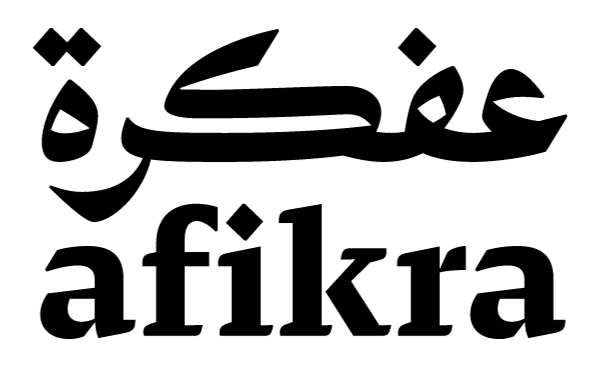Cultural Patronage & the Creative Economy in the Arab Region | Alia Al-Senussi | #390
Contemporary Arab art doesn’t always get the attention it deserves or needs. Alia Al-Senussi — cultural strategist and arts affairs advisor — talks to us about the power that museums hold in informing and shaping cultures, forgiving and healing from the pasts, and building resilient economies. Focussing on Saudi Arabia’s cultural revolution in motion, she explains why everyone seems to be obsessed with the so-called “creative economy” and how her own relationship with art started as a tourist, delineating between modern and contemporary art.
Finally, she highlights the critical role that artists and their art play as “interpreters of our time” and the difficulties of building private and public collections, and shares her “playbook” for building a successful cultural institution. For art lovers and curious minds alike, Alia also shares her favorite museums, cultural institutions and galleries, and communities from across the region as well as her favourite North African artists.
Alia Al-Senussi is a cultural strategist and art world affairs advisor with nearly 20 years of experience in the field. She works with cultural organisations across the world to support the creative sector. She is Art Basel's UK and MENA representative and advisor for the Milken Institute of Arts and Culture, and has previously been chair of the Tate Young Patrons, founding member of the Tate's Acquisitions Committee for the Middle East and North Africa, and the board of Patrons of Art Dubai.
THIS SERIES IS PART OF THE AFIKRA PODCAST NETWORK
The afikra Podcast is our flagship series featuring experts from academia, art, media, and beyond who are helping document and/or shape the histories and cultures of the Arab world through their work. Our hope is that by having the guest share their expertise and story, the community walks away with a new found curiosity and maybe some good recommendations about new nerdy rabbit holes to dive into head first.













